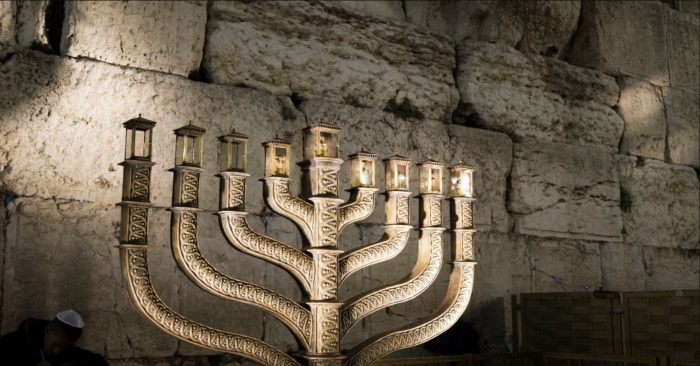Devarim is not mere repetition — it is Moses’ fiery manifesto for a nation to rise, conquer, and live the Torah in its destined land.
The Book of Devarim stands apart in the Torah — not as a simple recap of earlier laws, but as a battle cry for the heirs of God’s promise. The Ramban calls it the book of the conquerors and inheritors, the Torah revealed for the Land and in the Land.
After Bereshit, the dawn of a people; Shemot, the nation’s formation; Vayikra, the fine detail of holiness; and Bamidbar, the wilderness journey — comes Devarim. Here, Moses speaks as the leader of a people standing on the brink of destiny:
“I have taught you statutes and judgments… to do so in the Land you are entering to possess” (Deut. 4:5).
Though Moses’ words seem personal, the Maharal explains: a true disciple can speak his master’s will even beyond the master’s own words. Here, Moses’ voice is God’s — the Torah transformed into a national mission.
The Royal Torah — Mishneh Torah
Devarim is called Mishneh Torah, echoing the command for kings to write a personal Torah scroll (Deut. 17:18). This scroll is not for the study hall — it is for the battlefield, tied to the king’s arm, read daily even amid war.
Just as the king carries his Torah into battle, so too the nation carries the royal Torah into the Land. This is not abstract law — it is the Torah enfleshed in sovereignty, where the Jewish People live, rule, defend, and sanctify their homeland.
Torah and Military Power: An Unbreakable Bond
Devarim opens after the defeat of Sihon and Og — a deliberate signal. Torah and military strength are not opposites; they are partners in building a nation.
A religion without land needs no army. But a people in their own homeland must defend it. The Spies failed to grasp this; Joshua’s generation did not.
Moses tells Joshua:
“Do not fear them, for the Lord your God fights for you.”
Then as now, powerful nations and hostile tribes surround Israel. But God’s presence and Israel’s courage ensure victory — in Joshua’s day, in David’s reign, in the Hasmonean revolt, and in modern times.
The True Goal of Torah: Settling the Land
Here, for the first time, we hear Moses’ own commentary on the Torah:
“Enough dwelling at this mountain… Go to the land of the Canaanite and Lebanon, as far as the great river, the Euphrates.”
The Torah reaches its fullest expression not in exile but in sovereign life in the Land of Israel. Exile is not an alternative — it is a punishment.
Promise and Command: A Sacred Duty
Some ask: Is inheriting the Land merely a divine promise, or a binding command? Moses’ words leave no doubt:
“See, I have given you the Land. Go in and possess it…”
God’s promise is not an invitation to passivity — it is a call to action. Just as God promises sustenance yet we must sow and reap, so too He promises the Land yet commands us to fight and settle it.
The promise gives certainty, the command gives urgency. Together they define Israel’s destiny: to inherit the Land, defend it, and live the Torah within it.





